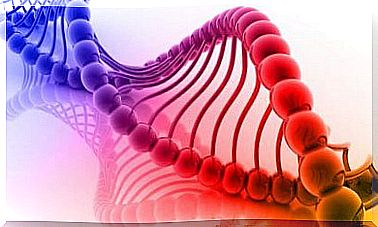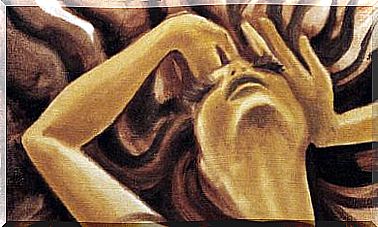Typology Of The Femicide

The murder of women at the hands of their partners or ex-partners is a serious social problem. Many entities are already working in this framework of gender violence. The objective is to establish policies for awareness, education, prevention and treatment.
Psychology is also developing more and better research projects on the typology of the femicide. All these efforts are focused on eradicating the type of violence we are talking about.
In this sense, we know that therapeutic treatments in abusive men have so far had very little efficacy. This article is based on the research study of the psychologist and criminologist Raúl Aguilar Ruiz, published in the digital edition of the General Council of Psychology of Spain, Infocop, last October.
This valuable study reveals four profiles and typologies of the femicide, its characteristics and the possible therapeutic approaches to be applied in each case. This research provides valuable data for improving the results of therapeutic interventions.
The study
This research is based on the study of 237 sentences for femicides that occurred in Spain. The murders selected for this study were committed by men who suffered from different mental disorders at the time of committing the femicides.
The study also considers the relationship between mental disorder and the degree of mental impairment. He also talks about the possible link between suicidal behavior and the breakdown of the couple’s relationship. The results of the study offer four profiles or typologies of femicide.

The feminicidal typology
Typology 1: mentally ill
They are men who suffer from a mental disorder, but without apparent previous traits of criminal danger. Among the disorders observed, symptoms of a psychotic type, bipolar disorder or delusional disorder are usually present. These men did not have a history of violence outside the family relationship, nor did they have marital conflicts. Nor had complaints usually appeared from women during the year prior to the crime committed against them. It seems that the murders were the consequence of acute crisis of his psychopathology and were not caused by jealousy or breakup of a couple.
Typology 2: antisocial / coercive
These types of men have a history of previous violence, with abusive consumption of alcohol and drugs. They have a history of violence inside and outside the family environment. They appear to have narcissistic and dissocial personality disorders, but they do not seem to have symptoms of depression or anxiety. They react violently to abandonment or jealousy that turn into violent and unpredictable attacks against women.
Typology 3. normalized / fearful
They present severe pictures of depression and anxiety before the abandonment or the end of a sentimental relationship. Despite not having significant alcohol or drug abuse habits, they do tend to have a history of violence against their partner. Numerous conflicts and frequent complaints from the victim appear during the year prior to his murder. There were also multiple suicide threats from the femicide. These suicide threats coincide with the abandonment of their partners and not with the complaints filed.
Typology 4: moderate / jealous antisocial
To this fourth type of men, what seems to affect them the most is not the abandonment of the woman, but rather that she does it for another man. His motivation seems to be mainly jealousy. The mental disorders associated with this feminicidal typology are usually mood disorders and neurotic disorders.
Therapeutic intervention
The report also shows various intervention strategies to be followed in the treatment of each of the feminicidal typologies.
- For type 1, the mentally ill could work with treatments focused on the positive symptoms of psychoses.
- Abusers of the feminicidal type 2, the antisocial / coercive ones, could respond well to therapies based on impulse control and anger. An effective treatment for their addiction problems should also be included.
- For typology 3, the standardized ones, stress and anxiety control techniques would be effective . It also helps in managing the separation process of the couple.
- In the case of typology 4, moderate / jealous antisocial, it seems advisable to treat treatments that help to face pathological jealousy and the problem of substance abuse.

Future research
The future research tend to focus primarily on femicide type 3 normalized. Especially since this group has aspects and characteristics more similar to conventional men than to the violent profile of a criminal.
Studies based on this typology would help to better understand the psychosocial factors that affect the murder of a woman. In this way, a further step could be taken in adjusting the detection of violence and potential homicide, and also in improving therapeutic interventions related to feminicide.









